As Araqchi arrives in Rome, Iran urges US to be realistic, pursue constructive approach
Iran has urged the US to refrain from unrealistic demands and adopt a constructive approach to reach an agreement, as Foreign Minister Araghchi arrives in the Italian capital of Rome for the second round of indirect talks.
The second round the talks is slated to be held on Saturday in Rome between Araghchi, who arrived there earlier in the day, and Steve Witkoff, the US special envoy for West Asia affairs.
The talks will be conducted indirectly and through Badr al-Busaidi, the minister of foreign affairs of the Sultanate of Oman, like the first round which was held last Saturday in Muscat.
Upon departing for Italy on Friday, Iranian Foreign Ministry spokesman Esmaeil Baghaei, alongside a delegation headed by Araghchi, urged the US to refrain from repeating past methods and resist the influence of the war-mongering Zionist regime.
“Repeating past methods will not yield benefits and a ‘step forward’ can only be achieved if the US adopts a realistic and impartial approach, free from war-mongering extremist influences, including those of the Zionist regime,” Baghaei said.
He added that the US must “avoid making unrealistic and unreasonable demands that contradict accepted international norms and practices, and adopt a constructive and reasonable approach.”
Baghaei said the framework of the Islamic Republic’s positions and demands regarding the removal of illegal sanctions and its nuclear issue is completely clear and had been communicated to the other side in the first round of negotiations.
“Given the contradictory statements from various US officials in recent days, the Iranian delegation expects the American side to clarify its position in the first step and address the serious ambiguities surrounding its intentions and sincerity,” the spokesman added.
Baghaei reiterated that Iran’s peaceful nuclear program is fully under the relevant international standards and documents, including the Treaty on the Non-Proliferation of Nuclear Weapons (NPT).
The Islamic Republic of Iran, he added, within the internationally accepted framework, is determined to uphold and exercise its legitimate rights in the peaceful use of nuclear energy while fulfilling its commitments.
Both Tehran and Washington described last Saturday’s meeting as “positive and constructive”, however, on Tuesday Witkoff said that Iran must “stop and eliminate” its enrichment of uranium as part of any nuclear deal.
Witkoff had previously demanded that Iran return to the 3.67 percent enrichment ceiling set by the 2015 Joint Comprehensive Plan of Action (JCPOA) reached between Iran and major powers, which US President Donald Trump unilaterally withdrew from in 2018.
‘Not a smooth path’
Early on Saturday, in a post on X, formerly Twitter, Baghaei highlighted Iran’s good faith and commitment to diplomatic efforts to address outstanding issues in its nuclear dossier, while also pointing to the uneven path in talks with the American side.
“The Islamic Republic of Iran has always demonstrated, with good faith and a sense of responsibility, its commitment to diplomacy as a civilized way to resolve issues, in full respect of the high interests of the Iranian nation,” the spokesman wrote.
“We are aware that it is not a smooth path but we take every step with open eyes, relying also on the past experiences.”
Today, in the historic city of Rome, the second round of indirect talks between #Iran and the #UnitedStates will be held, mediated by the Foreign Minister of Oman.
— Esmaeil Baqaei (@IRIMFA_SPOX) April 19, 2025
The Islamic Republic of Iran has always demonstrated, with good faith and a sense of responsibility, its commitment…
After Trump withdrew the US from the 2015 Iran deal during his first term in office, he launched a maximum pressure campaign against the country.
Upon returning to the White House for a second term in January, Trump restored the policy of maximum pressure towards Iran. However, he has since sent mixed signals, expressing interest in starting talks regarding Iran’s peaceful nuclear program, while simultaneously threatening Tehran with military action.
On March 12, Trump sent a letter to Iran’s leadership, asking for negotiations to reach a new deal and threatening military action if Tehran refused.
Iran has ruled out direct negotiations with the US under pressure or threats of war, but stated that indirect talks remain a viable option.
Iran in no way seeking nuclear weapons: Pezeshkian
Oman: Iran-US indirect talks in Geneva achieve tangible progress
VIDEO | Press TV's news headlines
VIDEO | Israeli forces loot Palestinian homes across West Bank
Russia-Ukraine peace talks begin amid escalating frontline offensives
Russia’s top energy man holds high-stakes meetings in Tehran
Iran’s right to nuclear enrichment non-negotiable, Araghchi tells disarmament conference
US secretly deports migrants to Cameroon despite court protections


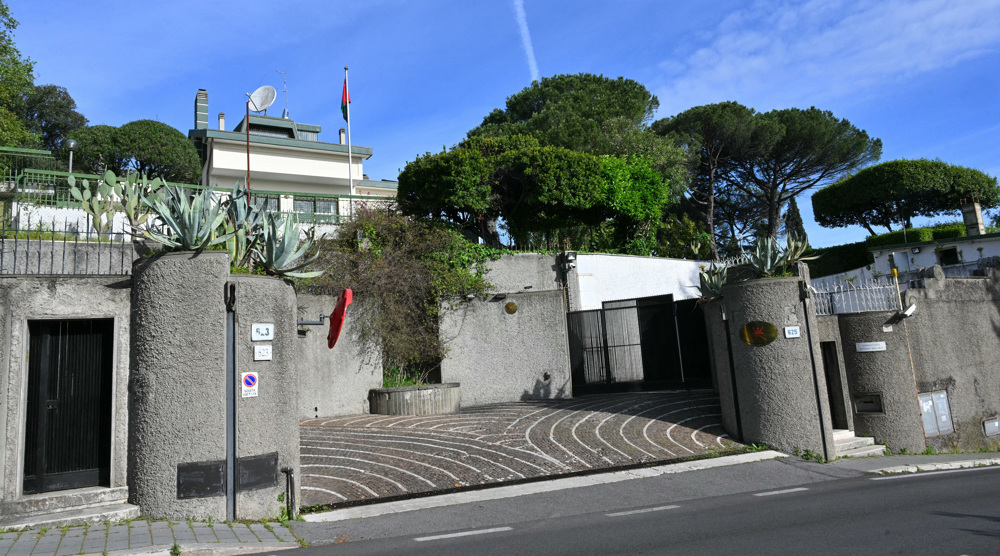
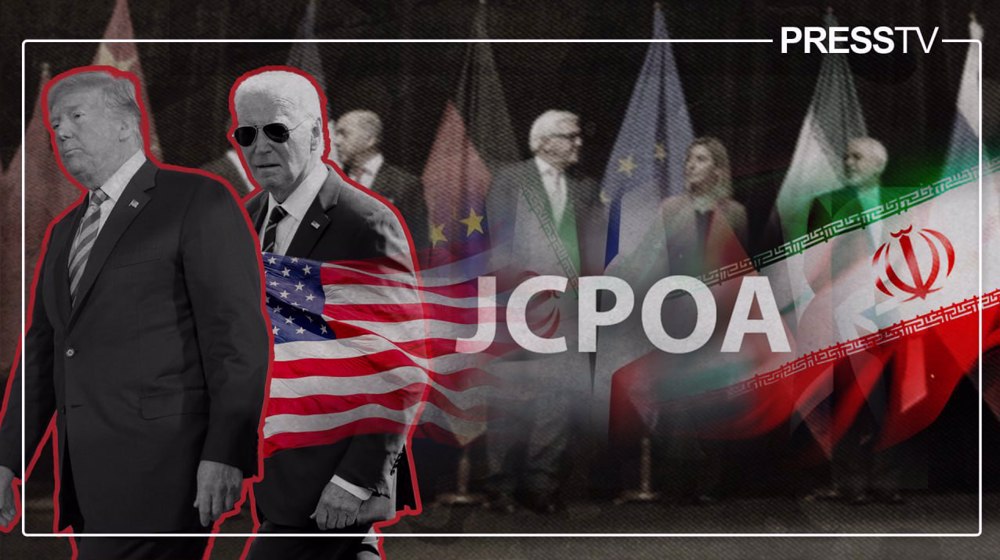
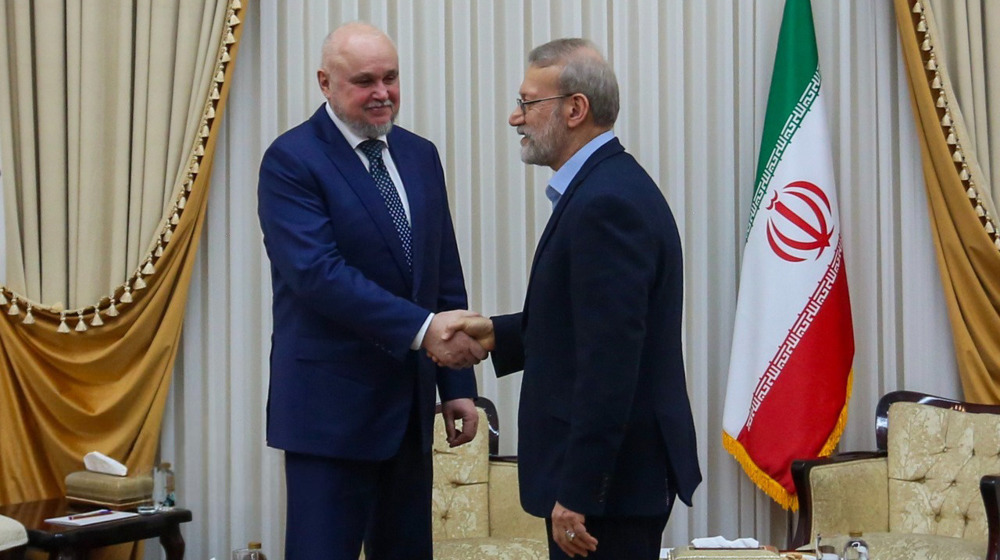
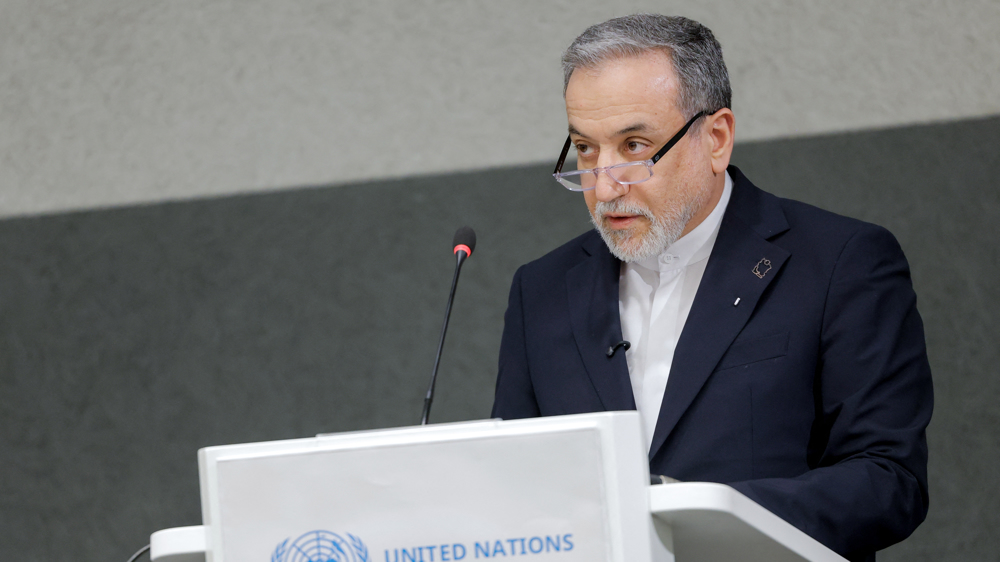
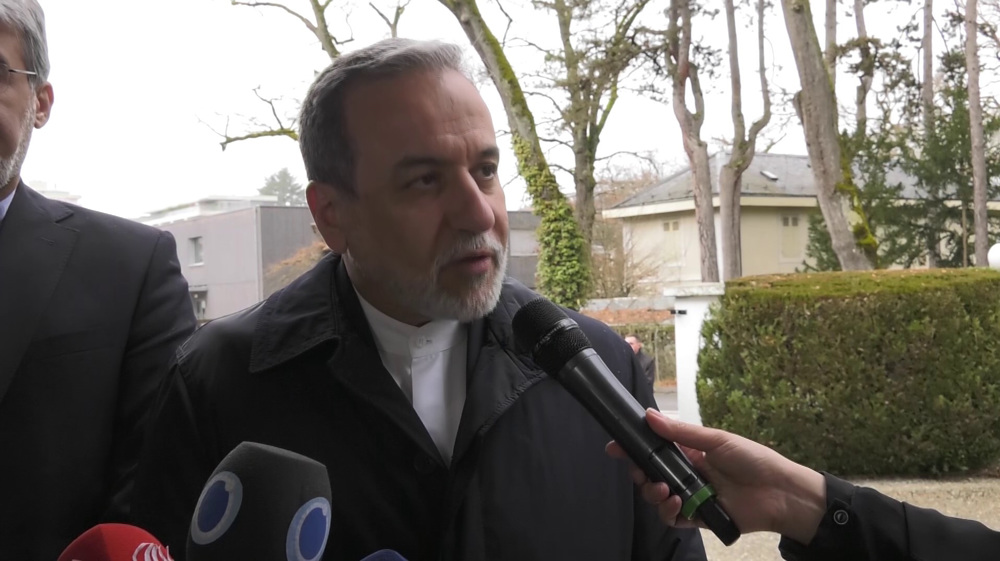



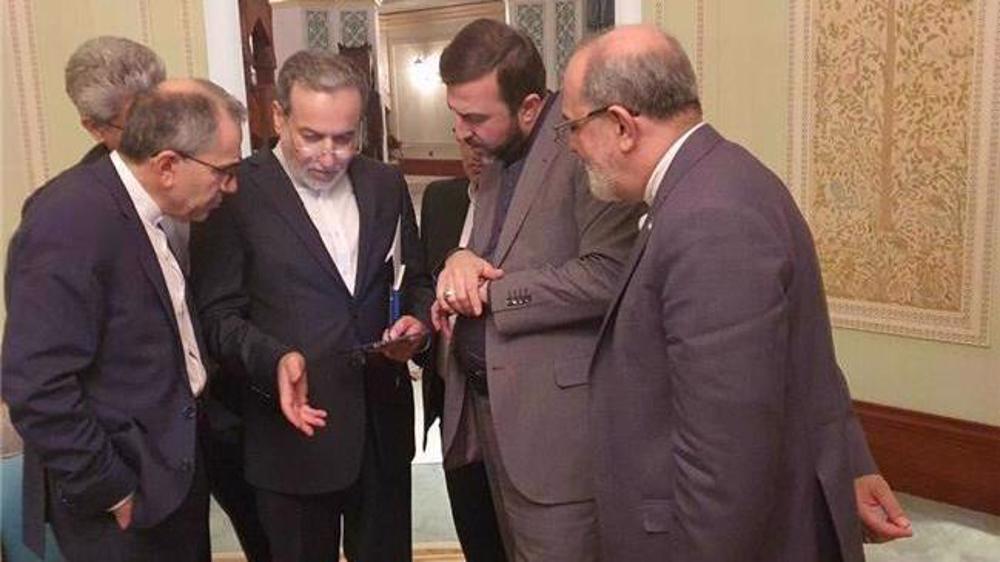
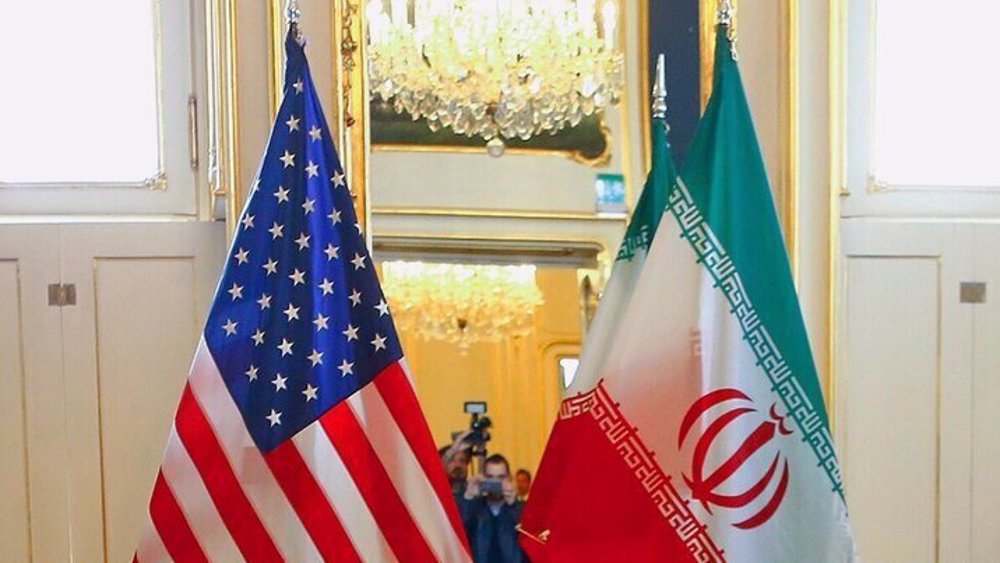
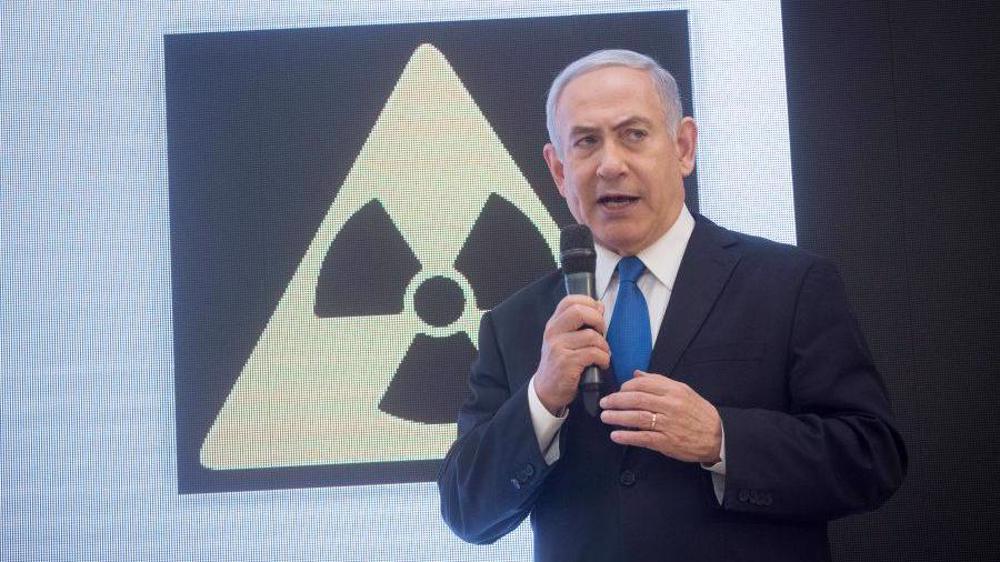
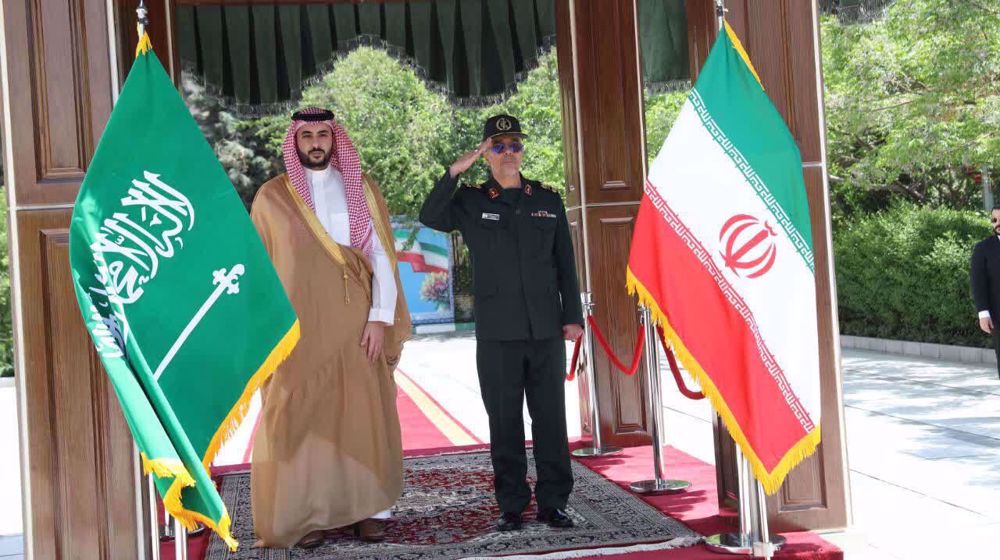
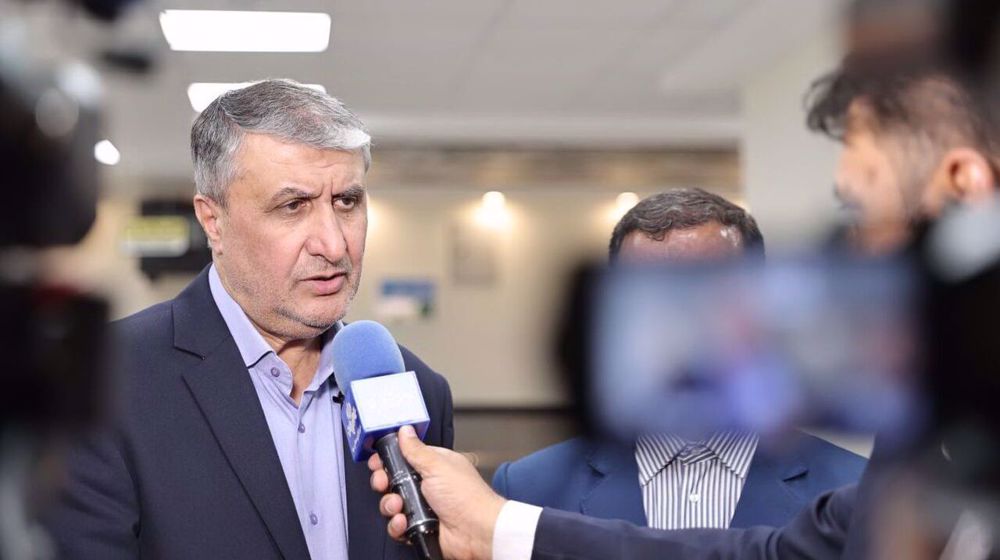

 This makes it easy to access the Press TV website
This makes it easy to access the Press TV website